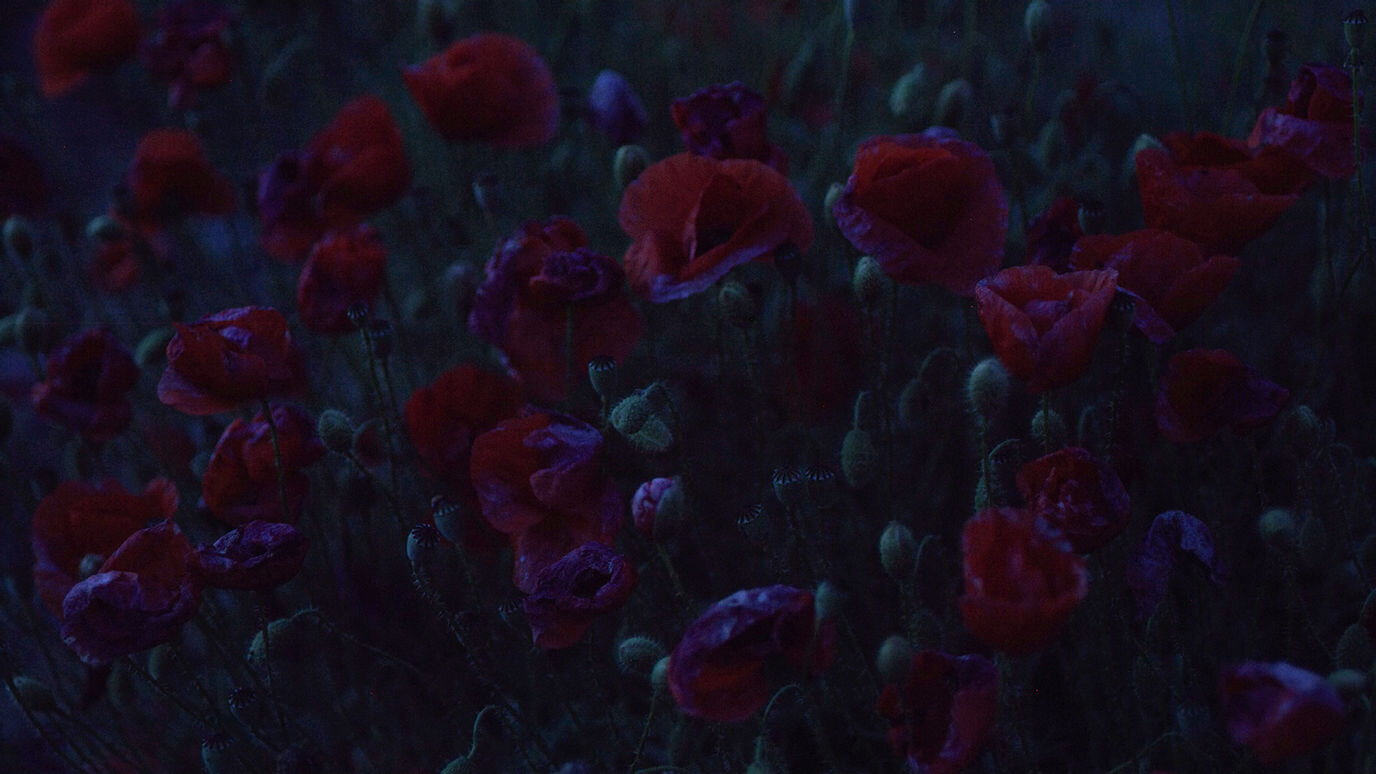IFFR 2021 - Landscapes of Resistance
IFFRTrue heroes are often captured on film after their time on this Earth has come to an end. For some directors, it is easier to idolise through talking heads than it is for tough, honest questions to be put toward a living subject. Landscapes of Resistance engages with its topic of conversation, Sofija ’Sonja’ Vujanović, a Serbian partisan who aided the resistance in Auschwitz. Such a courageous and bold living director, Marta Popivoda brings her interest of ideology and identity to the forefront, detailing and dissecting the life of a woman forgotten in history. This message is lost, though, to the artsy nature of the director who wishes to bring the tranquillity of later life to the forefront, rather than the life story of this engaging individual.
Hearing this undeniably interesting story of life in a time of corruption and death is only as good as the imagery associated with it. Bland, wooden boards and close-ups of doors, walls and floors are the only company to a very engaging life. Landscapes of Resistance would be better suited to a hardback, which it is already. What possessed Popivoda to pair such an intense story of historical merit and importance with bland scenery, and nothing else, is a remarkably strange thought. Closer to an audiobook than it is to a film, Landscapes of Resistance cannot be improved by the static shots, assuming audiences have a few spare minutes to stare at nothing, musing on the details of Vujanović’s story.
It is not without merit, though, as there is a clear distinction drawn between the rebellions of old and the politics of new. As much as it is great to see these similarities and differences, the problems of imagery and silence overwhelm the exceptional contrast. Landscapes of Resistance does not value the time of its audience even though it is crucial, in this day of instant gratification and abundant art forms, to make something that sticks with an audience. While there is no denying the amazing, heart-wrenching story told here, the technical merits are below par, never matching or attempting to drive a link between subject and shot. Caverns are explored, walls are lingered on, and the subject of the documentary is left in the dust, waiting for Popivoda to return with another brief soundbite.
As much as this film is about both its subject and its itsdirector, Landscapes of Resistance suffers from an inability to pick up one clear theme and focus in on it. Audiences should be drawn to Vujanović and her thoroughly interesting experiences, not the setting up and subsequent notes and letters sent between interviews. Frustrating it may be that Popivoda does not use this time to expand more on the life of her subject, the lack of archival footage is not an issue, but it is when the alternative is meaningless, artsy shots thrown together to pad the narrative. What little home footage we receive merely relays the opportunity to look at the later years of Vujanović, rather than her time as a revolutionary, a fighter and a brave soul that dared to challenge power.


